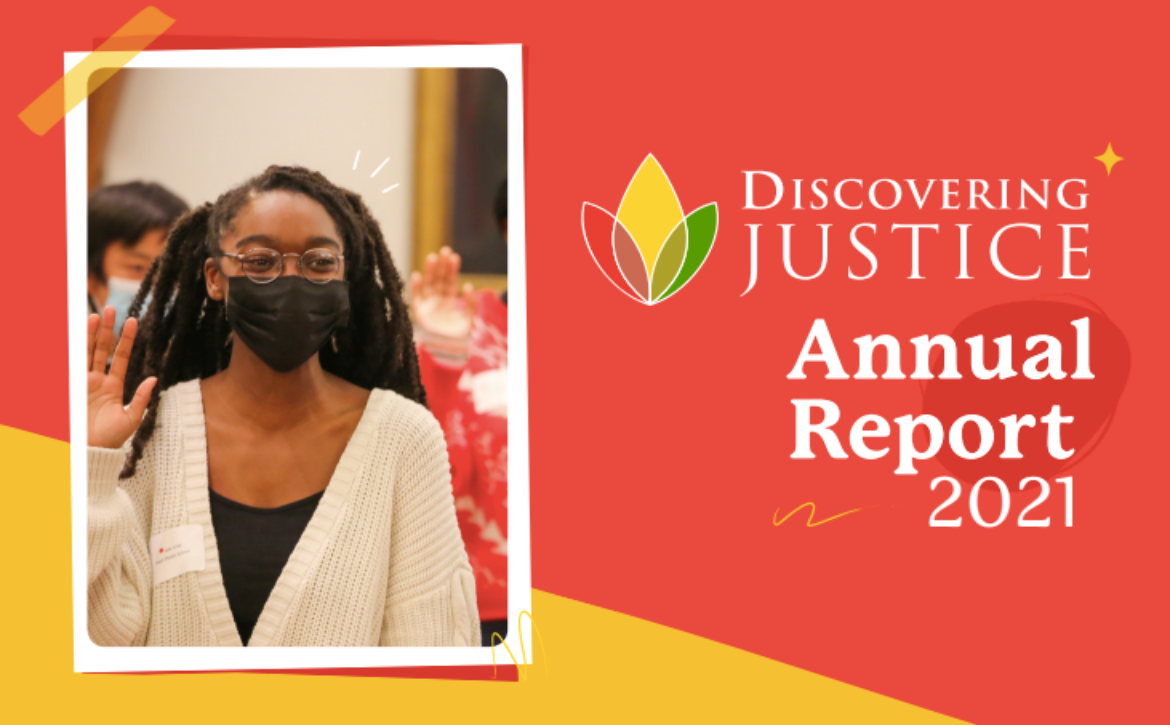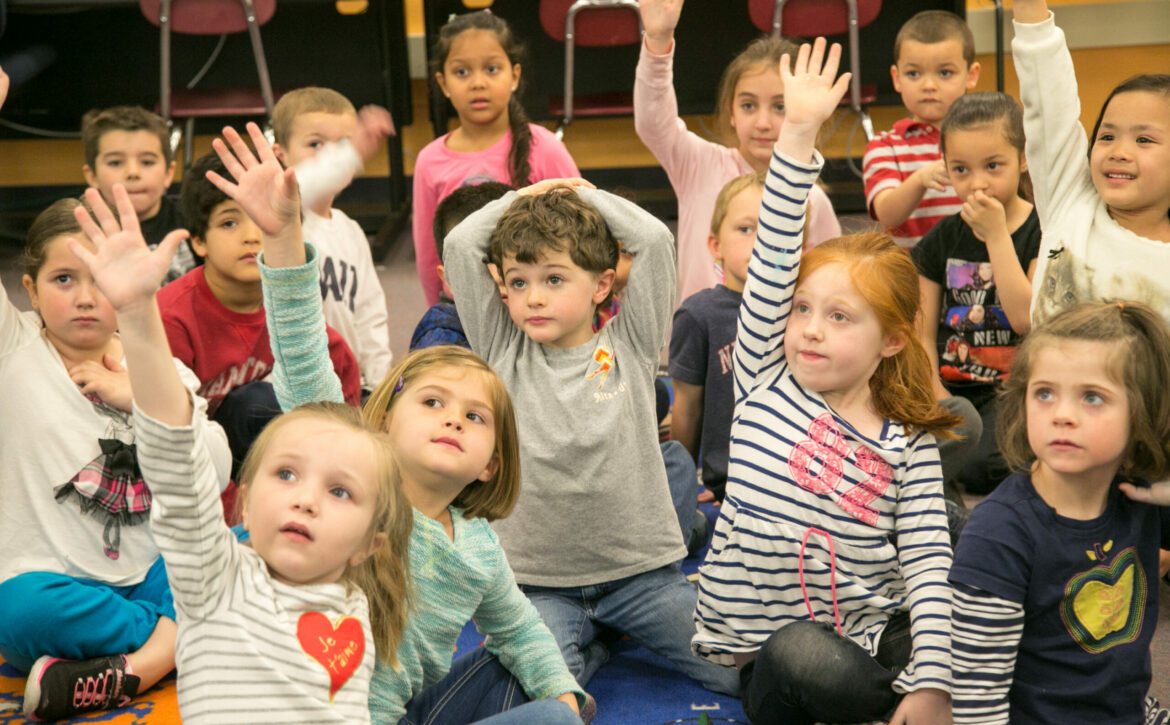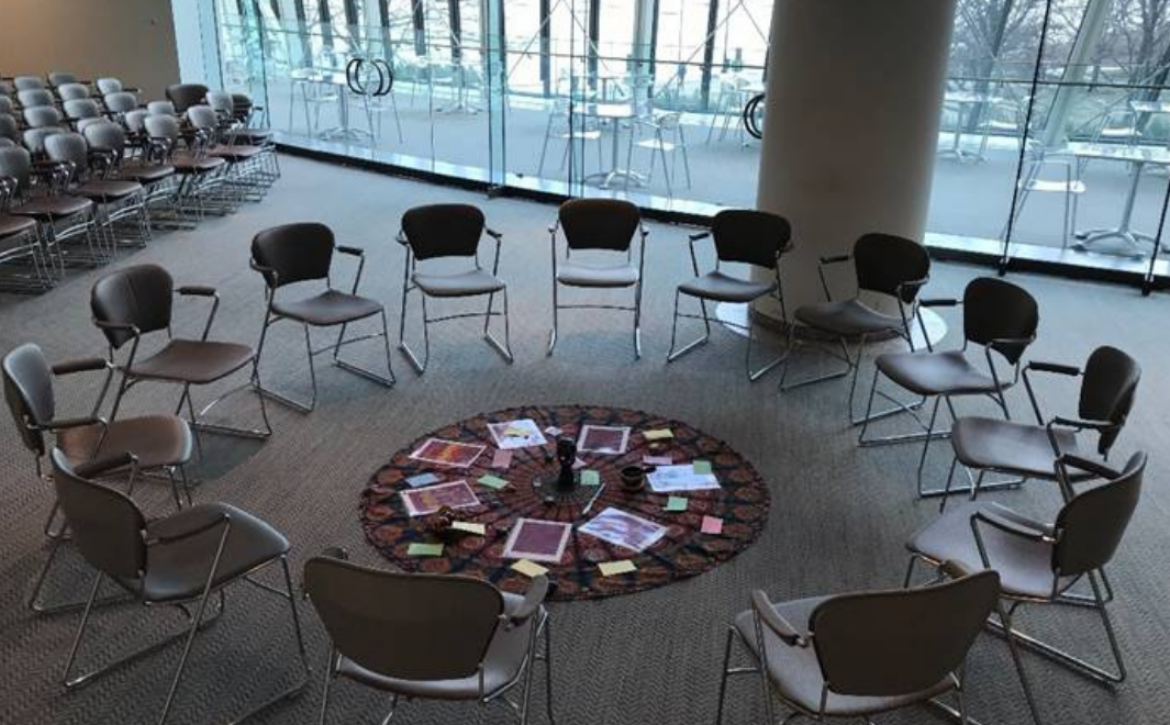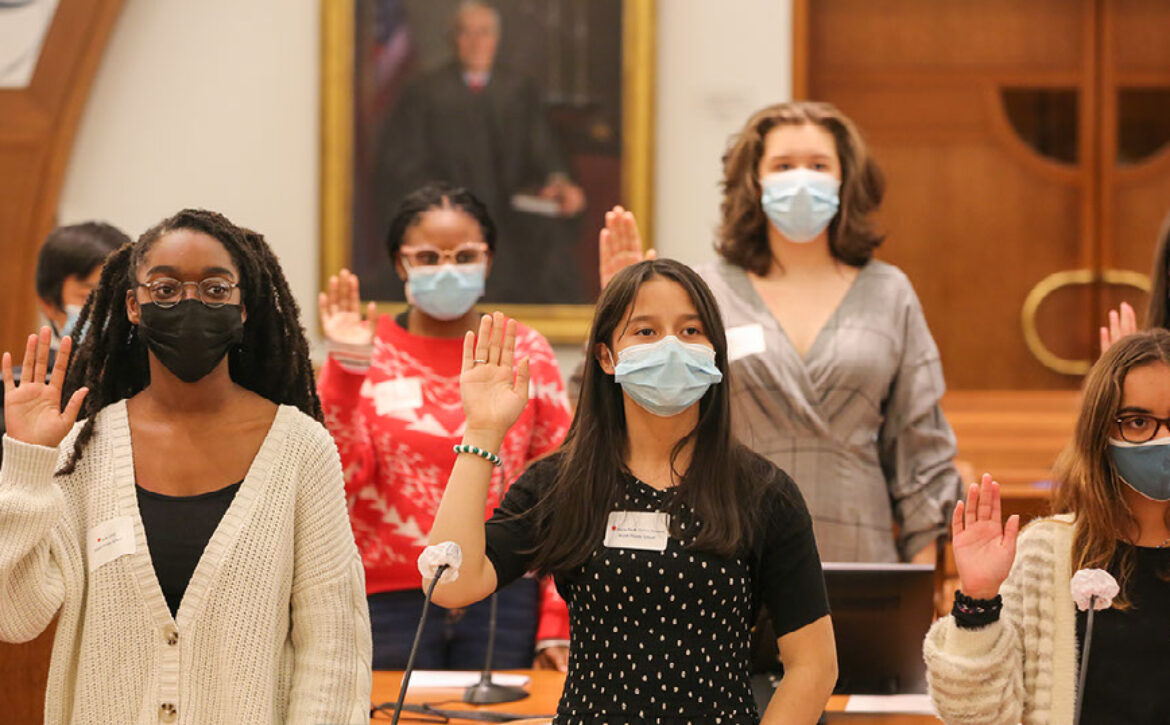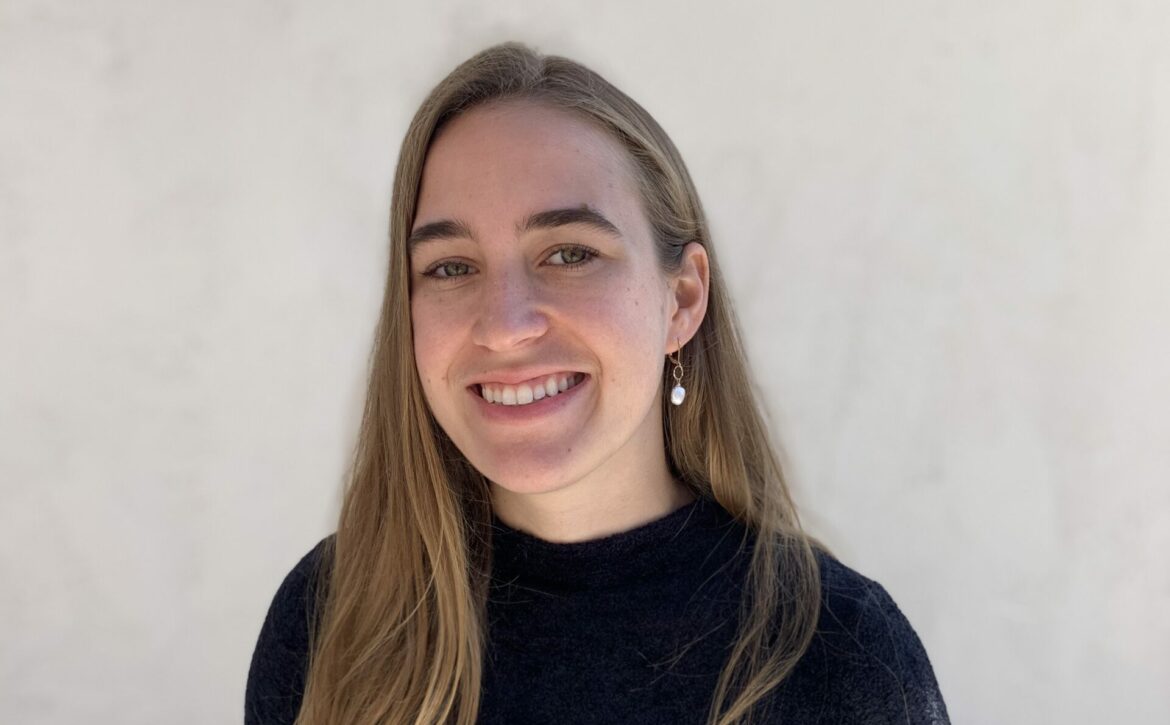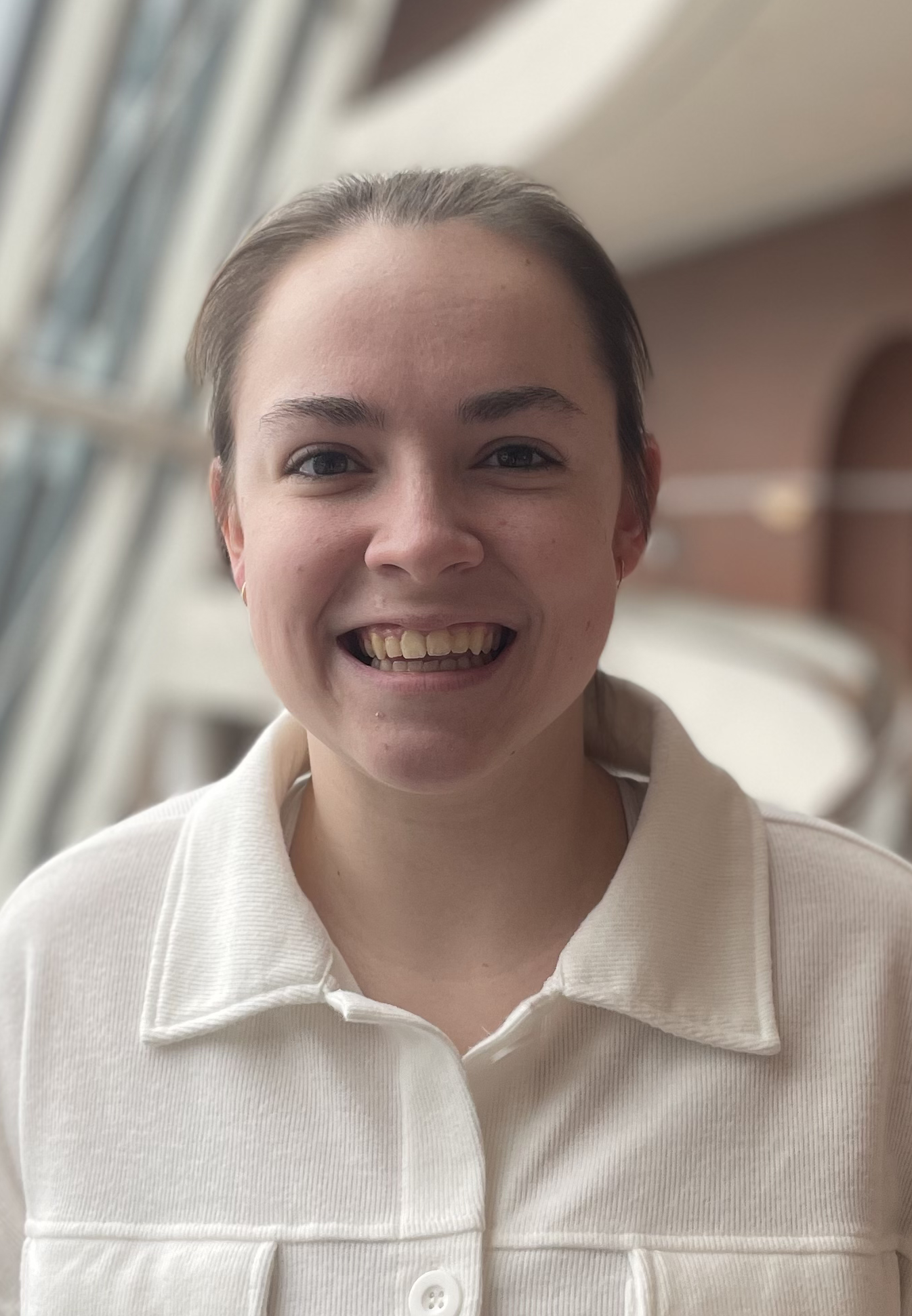Teaching Civics in Elementary Schools
How can we cultivate our young students’ civic identity, knowledge, skills, and dispositions so they are prepared to be active and thoughtful members of our democracy?
On April 6, as part of the Massachusetts Civic Learning Coalition webinar series, Discovering Justice Education Program Director Laura Brenner will lead the interactive workshop, Civic Knowledge, Skills, and Dispositions in the Elementary Classroom. Participants will engage with the history and social science practice standards and Discovering Justice’s new Children Discovering Justice Curriculum. The webinar, geared to teachers and administrators, aims to deepen understanding of, and practice with, integrating civic knowledge, skills, and dispositions into social studies and across the school day. The webinar will also highlight concepts such as perspective taking and issues of equity and justice.
You can register here.
Restorative Justice Panel Highlights Federal Court’s Efforts to Repair and Heal
Putting the spotlight on innovative methods to repair and bring true justice to communities, attorneys, a judge, and program participants shared their experience with the U.S. District Court of Massachusetts’ restorative justice program.
At Restorative Justice: Community Healing at the Federal Level, more than 200 participants heard a panel discussion about one of the only federal-level restorative justice programs in the United States. The event was part of Discovering Justice’s ongoing Courthouse Event Series in conjunction with the Moakley U.S. Courthouse.
The event brought together panelists U.S. District Judge Leo T. Sorokin, Assistant U.S. Attorney James Herbert, Probation Officer Maria D’Addieco, Defense and Civil Rights Attorney Jessica Hedges, and Program Participants Tavon Robinson and Robyn Houston-Bean along with members of the public either in person or participating on Zoom.
You can access the recording of the event here.
Additionally, we would greatly appreciate your feedback on the event by filling out this survey, which will help us to further develop our Courthouse Events Program and better serve the community.
If you would like to hear more from Tavon Robinson and Maria D’Addieco, please visit our Virtual Tour of the Moakley Courthouse where Tavon and Maria are featured discussing their stories and experience with restorative justice.
Here are links to resources to learn more about restorative justice:
Readings:
The Little Books of Justice & Peacebuilding
Changing Lenses by Howard Zehr
Handbook on Restorative Justice Programmes (2006) by Y. Dandurand & C. Griffiths at United Nations Office on Drugs & Crime
Defining Restorative (2013) by Ted Watchel at IIRP
Peacemaking Circles: From Conflict to Community (2003) by K. Pranis, B. Stuart, & M. Wedge
Principles of Restorative Practice (2012) by Restorative Justice Council
Peacemaking Circles and Urban Youth: Bringing Justice Home (2008) by Carolyn Boyse-Watson
Best Practice Guidance for Restorative Practice (2011) by Restorative Justice Council
Circle Keeper’s Handbook (2014) by Kay Pranis
Circle Keeper’s Manual, ROCA (2004)
Restorative Conference Facilitator’s Script by IIRP
Organizations:
Suffolk University’s Center for Restorative Justice
Communities for Restorative Justice
Centre for Justice and Reconciliation
Roca
Tagish/T’lingit Nation
Please reach out to Maria D’Addieco at Maria_DAddieco@map.uscourts.gov if you would like to be a community volunteer in the US District Court for the District of Massachusetts’ Restorative Justice program.
“Unpopular Speech in Schools” Panel Highlight Tension on Campuses Over Free Speech

On November 23rd, students across Massachusetts heard first hand accounts of battles over free speech on school campuses at Discovering Justice’s Fall Student Panel, Unpopular Speech in Schools.
Joining the virtual conversation was Mary Beth Tinker, the plaintiff in Tinker v. Des Moines, a landmark Supreme Court case that helped define student rights in schools, Kevin Dua, a teacher from Massachusetts who encourages student activism, and Mike Hiestand, Senior Legal Counsel at the Student Press Law Center, an organization focused on preserving student rights in schools under the First Amendment. Student moderator, Skylah Boyd, an 8th grader from Waltham and Courthouse Program Manager Henry Schunk moderated the panel.
The panel was attended by many students in Discovering Justice’s Mock Trial Program which featured a fictional case about unpopular speech at a Massachusetts school.
A link to watch the panel discussion will be provided. Keep an eye out for more student panel events this spring.
Mock Trial Concludes with Energetic and COVID-Safe Events Across the Commonwealth
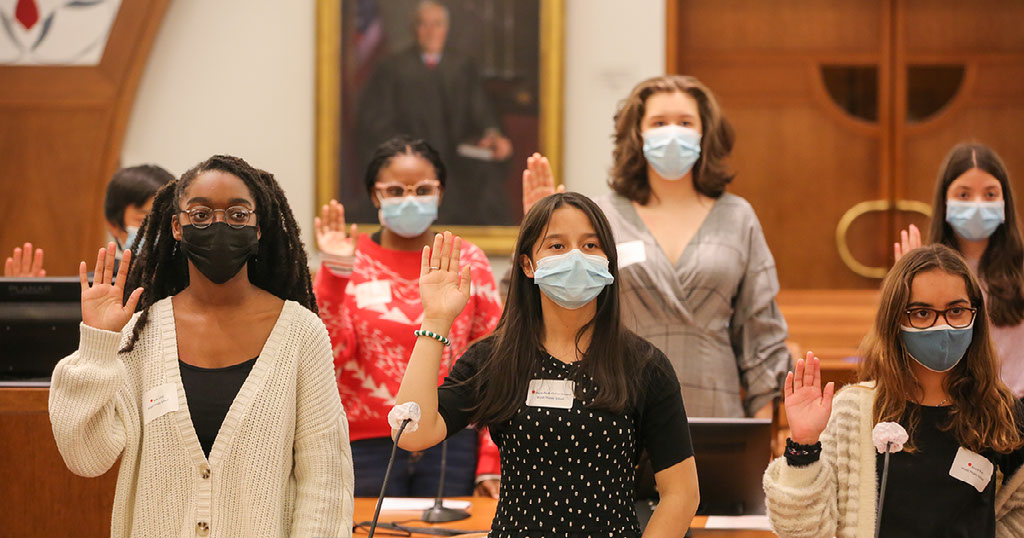
A record number 23 middle school teams presented their First Amendment cases, arguing the complicated line between hate speech and free speech before federal and state judges at Discovering Justice Mock Trial events..
In a five-day stretch, Discovering Justice hosted in-person events in seven cities across the Commonwealth with nearly 300 students.
“It was great to have students and legal mentors back in the courthouses,” said Mock Trial Program Manager Luke Matys. “We are so happy to bring everyone together to experience being in a courtroom and facing a real live judge. I know our students and volunteers missed having the mock trials in-person over the past year.”
Discovering Justice hosted in-person events at courthouses and in-partner schools in Boston, Springfield, Lowell, Worcester, New Bedford, Rehoboth, and Douglas. Discovering Justice also hosted two events virtually. Read more about the four schools from Springfield which participated in the U.S. Courthouse there.
Over the fall semester, middle school students wrestled with the case of Taylor Young. Taylor is a junior at the fictional Westbury (MA) High School. Taylor is the President of the school’s Planet Club, which provides an open space for students to learn and have discussions on environmental issues. They invited Blake del Valle to speak — a provocative journalist and author, who argues that it is morally wrong to eat meat and often publicly shames people who do
After Taylor began to advertise the event, concerns arose that del Valle’s speech would be harmful to Westbury, a community with many farms, and would violate the school’s commitment to teaching students to respect others. At the PTA’s request, Principal Knight asked Taylor to cancel the event, and when Taylor refused, they were suspended from school. Taylor sued the Westbury School District, arguing that their suspension is a violation of their right to free speech.
This semester, the program served 290 middle school students from 12 cities and towns, the most in Discovering Justice history. “We are so proud of our students for their perseverance and energy throughout this challenging semester,” said Matys. Highlighting the help of legal professionals across the Commonwealth Matys added, “The program wouldn’t be possible without our 104 volunteer legal mentors. The connection and relationships they form with our students make the program special.”
If you are a lawyer, law professor, legal professional, school leader, or teacher interested in signing up your firm, law school, bar association, school district, or middle school for the Mock Appeal Program this Spring, please contact Malia Brooks (mbrooks@discoveringjustice.org).
Discovering Justice Welcomes Four New Fellows
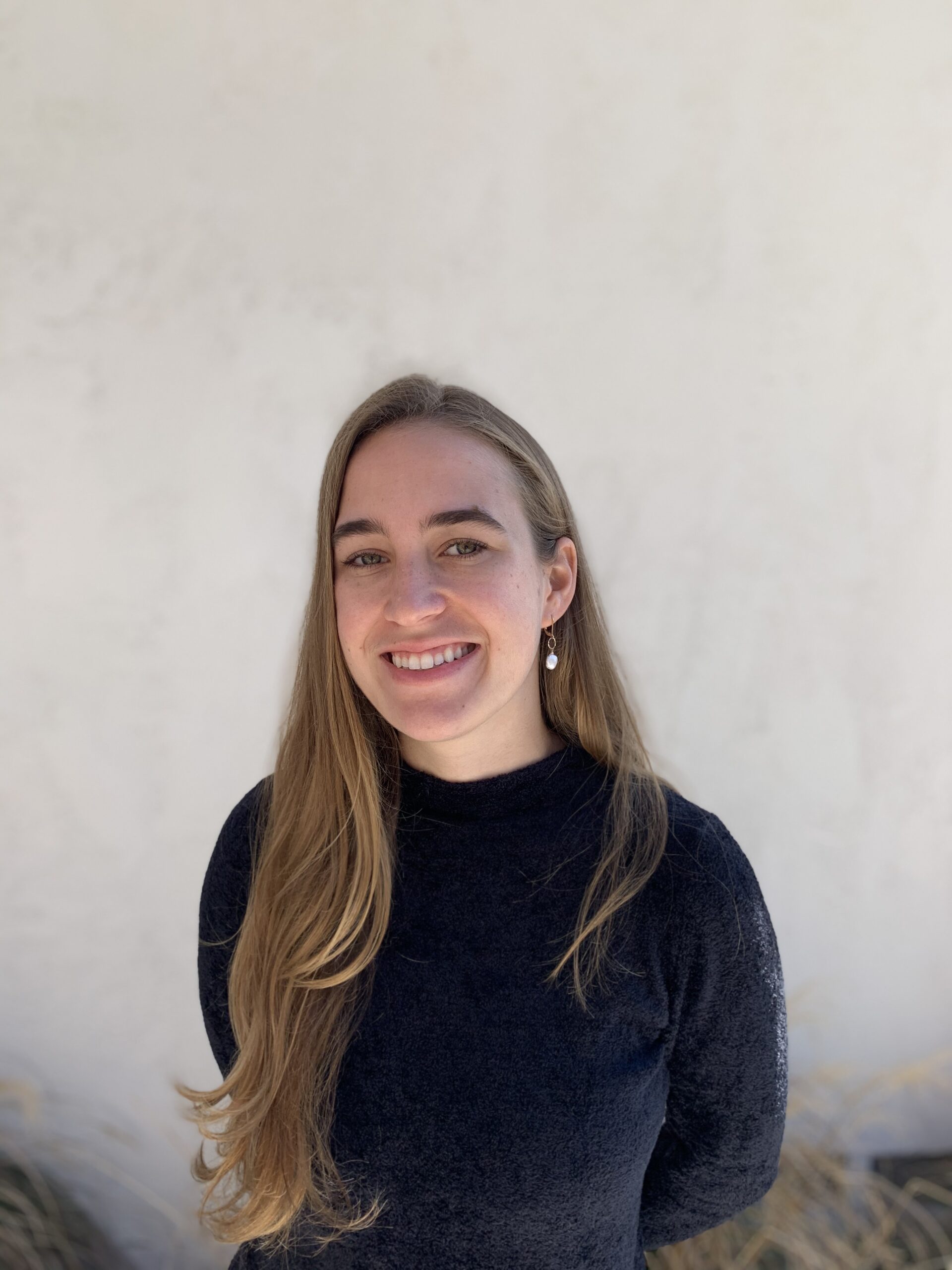
Discovering Justice’s Fellowship Program continues to flourish this fall with the addition of four new fellows, coming to us all the way from California and New Hampshire. Working directly with Discovering Justice staff, the Fall 2021 fellows have been helping to develop the organization’s programs and strengthening its operational capacity while gaining skills in delivering civic education, working for social change, and managing a nonprofit organization.
Discovering Justice will be hiring a new set of Fellows for the 2022 winter/spring semester. Please see the careers page to apply.
Lilly Weidhaas, Topics and Mock Trial Programs Fellow
Lilly joins Discovering Justice after graduating from Pomona College, where she studied Politics, Philosophy, and Economics. Deeply passionate about civic and moral education, Lilly wrote her senior thesis on civil discourse instruction and is excited to apply what she learned as a Programs Fellow. Next year, Lilly plans to pursue a joint JD/Ph.D. in Philosophy, and hopes to someday work with policymakers, lawyers, and non-profit groups to improve access to civic education across the United States.
Alexis Roach, Mock Trial Programs Fellow
Currently a junior at the University of New Hampshire, Alexis is a member of the College for Social Innovation, a non-profit seeking to meld experiential learning models with higher education. She looks forward to working with the Mock Trial After School Program to help provide students with the opportunity to explore the legal profession and work to develop their own understandings of the justice system.
Caitlyn Ramsey, Courthouse Programs Fellow
Cat recently earned a master’s degree in Global Peace, Security, and Strategic Studies from Vesalius College and she has a bachelor’s degree in Russian, Arabic, and Persian from the University of St. Andrews. Her background is diverse, ranging from teaching English as a Second Language around the world to working on democracy, information campaigns, and emerging technology at the Alliance for Securing Democracy of the German Marshall Fund. She believes in the power of a strong, connected, and engaged community to maintain and develop a healthy democracy.
Rosy Fitzgerald, Communications Fellow
Rosy is a graduate of Tufts University, where she majored in American Studies with a concentration in Institutions and Power. Coming from a background in creative writing, education, and political advocacy, Rosy is passionate about the intersection of storytelling and social justice, and she is eager to be working on organizational narrative development while taking over social media and communications channels for Discovering Justice this fall.
